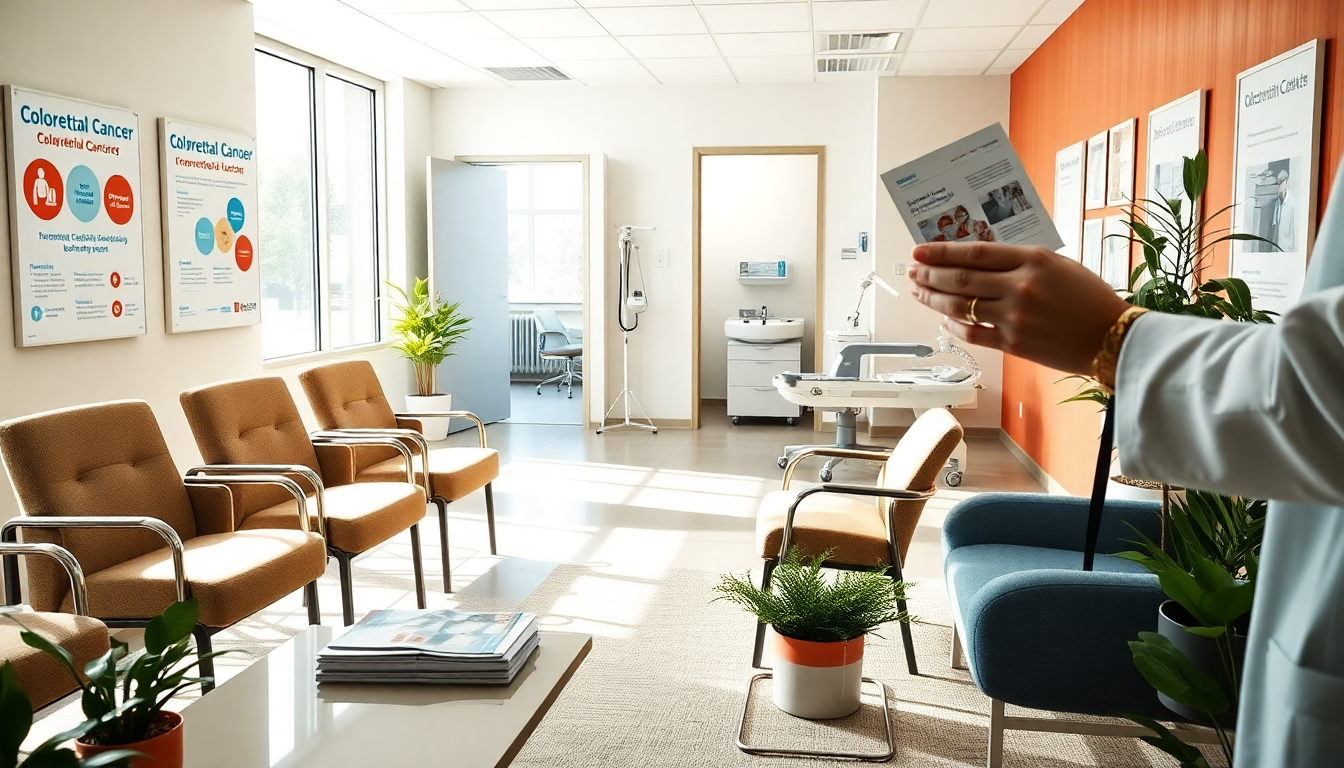Table of Contents
Have you heard that colorectal cancer rates are on the rise among adults under 50? It’s a concerning trend that has led to some significant changes in screening recommendations. The US Preventive Services Task Force (USPSTF) has now lowered the starting age for screening from 50 to 45 for those at average risk. This shift highlights how crucial early detection can be—it can greatly improve treatment options and survival rates.
Current Screening Recommendations and Options
So, what are the current screening options available? The USPSTF recommends several methods for adults aged 45 to 75, spanning from stool-based tests to visual exams like colonoscopies. Each screening method has its own pros and cons, and understanding these options is key to making informed health decisions.
Among these choices, colonoscopy is often the go-to method for gastroenterologists. Why? Because it allows for both diagnosis and immediate intervention. During the procedure, a doctor uses a flexible tube with a lighted camera to check for abnormalities in the colon, including precancerous polyps. If they find any polyps, they can remove or biopsy them right then and there. Sure, the prep for a colonoscopy can feel overwhelming, but the benefits—like significantly lowering your risk of colorectal cancer—usually outweigh the temporary discomfort.
Exploring Stool-Based Tests
If the thought of a colonoscopy isn’t appealing, you might consider stool-based tests. These tests can be done right at home and analyze stool samples for hidden blood or abnormal DNA, providing a non-invasive screening method. The most common stool tests include the Fecal Immunochemical Test (FIT), the Guaiac-based Fecal Occult Blood Test (gFOBT), and Cologuard. FIT and gFOBT typically require annual testing, while Cologuard—which combines DNA and blood detection—can be done every three years.
Stool tests can be especially helpful for those with mobility issues or anyone who finds the bowel prep for a colonoscopy challenging. However, if you have a history of blood in your stool or symptomatic hemorrhoids, it’s wise to check with your doctor before using a stool collection kit.
Other Screening Methods and Future Considerations
Beyond colonoscopy and stool tests, there are other options to consider, like flexible sigmoidoscopy and virtual colonoscopy. Flexible sigmoidoscopy examines only the lower part of the colon and can be done without sedation, but it has a narrower focus than a full colonoscopy. Virtual colonoscopy uses CT imaging as a non-invasive alternative but may overlook smaller lesions and still requires a follow-up colonoscopy if any abnormalities are found.
For individuals over 50 who can’t or don’t want to undergo traditional screening methods, blood-based tests for colorectal cancer are also available. While these tests eliminate the need for bowel prep or sedation, they are less sensitive and not recommended as first-line screening options. However, any screening is better than none, and the best choice should come from a discussion between you and your healthcare provider.
Conclusion: Importance of Early Detection
The rising rates of colorectal cancer among younger adults serve as a stark reminder of the importance of regular screening. By exploring the available options and engaging in early detection strategies, you can take proactive steps to protect your health. As screening guidelines continue to evolve, staying informed about the latest recommendations will empower you to make the best choices for your colorectal health and overall well-being.


